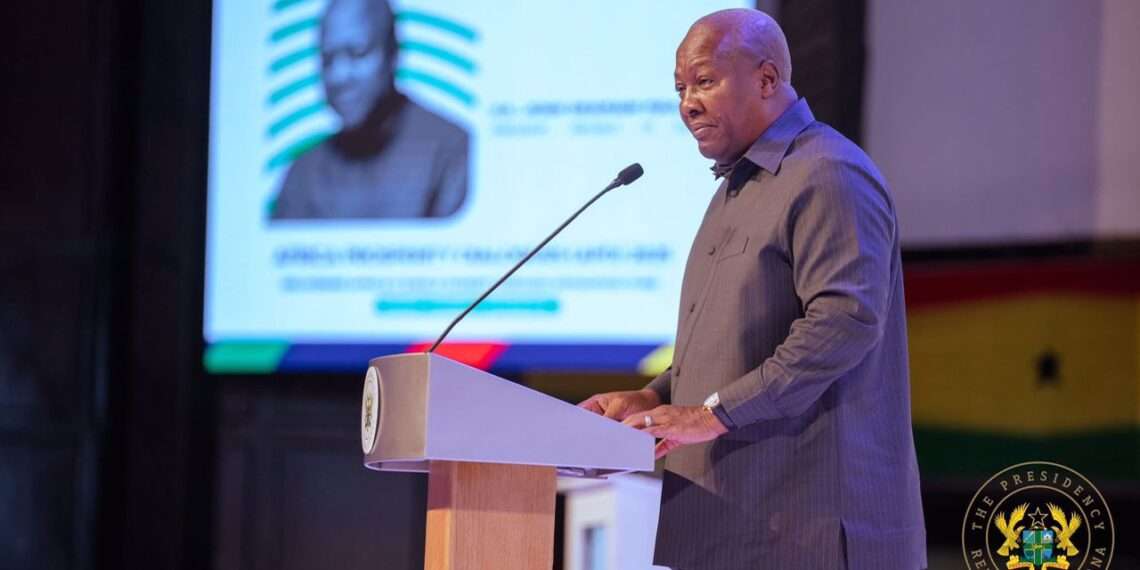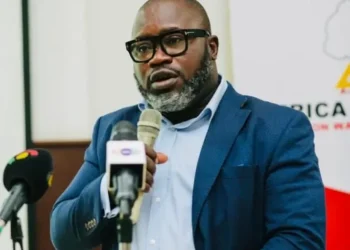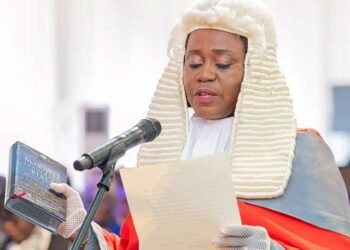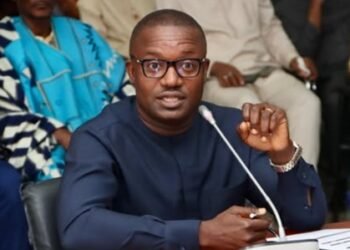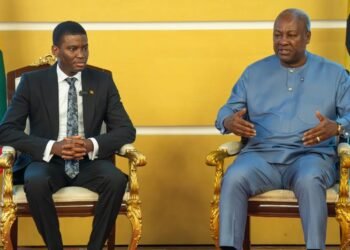In a decisive move towards fulfilling his pledge to overhaul and strengthen Ghana’s education system, President John Dramani Mahama has constituted an eight-member committee to organise the much-anticipated National Education Forum.
The committee, chaired by Professor George K. T. Oduro, a former Pro Vice-Chancellor of the University of Cape Coast, has been given a strict two-week timeline to submit its comprehensive plan and report.
The formation of this high-level committee underscores President Mahama’s commitment to fostering inclusive, evidence-based policymaking in the education sector.
The National Education Forum is expected to serve as a pivotal platform for key stakeholders to deliberate on pressing challenges and formulate sustainable reforms to enhance the country’s educational framework.
The appointed committee consists of esteemed educationists, policy experts, and development practitioners with diverse experiences in academia, policy formulation, and stakeholder engagement.
The members include: Professor Goski Alabi – a distinguished academic, author, and entrepreneur. She was the founding Dean of the School of Graduate Studies at the University of Professional Studies, Accra, and currently serves as the President of Laweh Open University, Ghana’s first accredited open university.
Professor Rosemary Bosu – an Associate Professor of Educational Leadership at the Institute for Educational Planning and Administration, University of Cape Coast is also a member of the committee. She specializes in quality assurance and ICT integration in schools and has a wealth of experience in tertiary education leadership.
Another member is Dr. Samuel Awuku – a seasoned education and international development practitioner with expertise in policy development, school improvement, curriculum reforms, and teacher capacity building. He has engaged with heads of states and governments across developing nations.
The committee membership also includes Professor Smile Dzisi – a renowned academic with over 25 years of experience in university leadership, gender advocacy, and organizational transformation. She was the first female chair of the Vice-Chancellors of Technical Universities of Ghana (VCTU Ghana) and has played a key role in technical education development.
Moreover, Kofi Asare – the Executive Director of the Africa Education Watch (Eduwatch) and a policy expert with extensive experience in institutional strengthening and governance reforms is part of the committee. He has worked on several USAID and World Bank projects in the education sector.
Other members include Stephen Owusu – a leadership and communication strategist with a track record of developing impactful solutions for educational and institutional reforms and Inusah Shiraz – a policy planner at the Ministry of Education with vast experience in policy analysis and strategic planning.
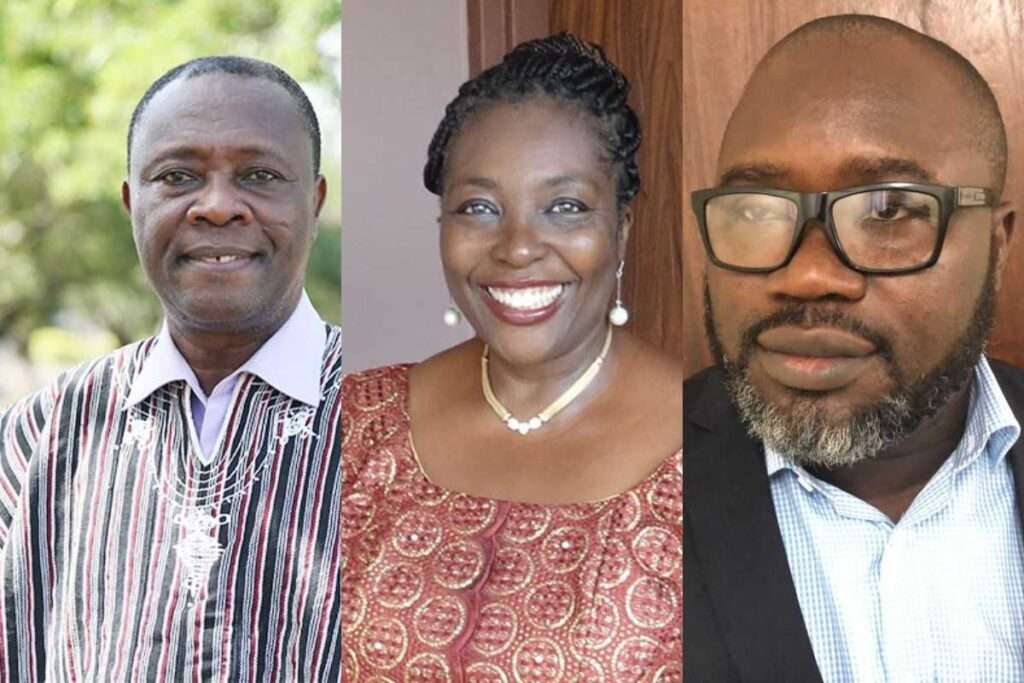
Mandate and Terms of Reference
The committee has been entrusted with a comprehensive set of responsibilities to ensure the successful execution of the National Education Forum.
Their key tasks include: developing a theme and sub-themes to guide stakeholder engagements and identifying and engaging key stakeholders such as students, parents, teachers (both pre-tertiary and tertiary, including the private sector), researchers, civil society organisations, development partners, religious bodies, political parties, Ghanaian educationists in the diaspora, chiefs, heads of educational institutions, and the Parliamentary Select Committee on Education.
It is also tasked with designing a stakeholder activity agenda with structured time allocations for thematic breakout sessions, plenary discussions, and policy dialogues and proposing a suitable venue and date for the forum.
The committee is further tasked with establishing a dedicated secretariat to document all activities and discussions and developing a budget for the successful execution of the National Education Forum.
Other mandates of the committee include producing a detailed report, outlining the findings and recommendations emanating from the Forum and proposing an action plan to implement the Forum’s recommendations within three weeks post-forum.
Finally, the committee is required to address any other issues that may arise in the course of planning and executing the Forum.
The National Education Forum is set to be a landmark event in Ghana’s educational reform efforts, bringing together a wide range of stakeholders to deliberate on key issues affecting the sector.
With the growing concerns over quality assurance, curriculum relevance, teacher training, and education financing, this forum presents a critical opportunity for robust policy interventions and practical solutions.
The outcomes of this forum are expected to directly shape Ghana’s educational policies in the coming years, ensuring that reforms are data-driven, inclusive, and aligned with both national development goals and global education standards.
President Mahama’s decision to establish this committee reaffirms his administration’s dedication to revitalizing Ghana’s education sector.
READ ALSO: Dangote Refinery Cuts Petrol Price to N890 per Liter



